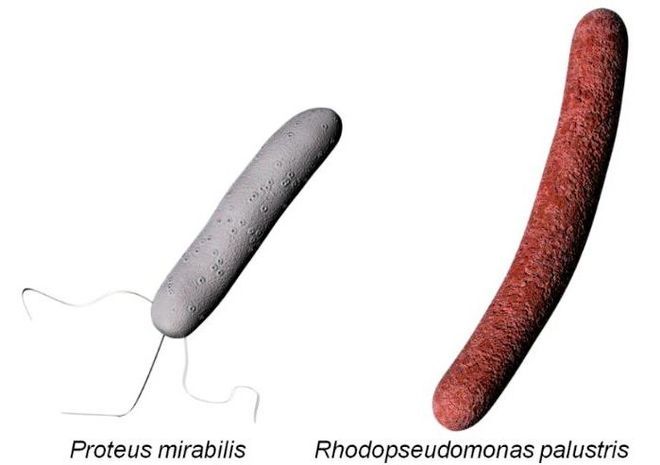In an experiment using mice, Japanese researchers reported success in targeting and shrinking cancer cells with natural bacteria, a development they said will pave the way for new treatments.
Comprised primarily of scientists from the Japan Advanced Institute of Science and Technology (JAIST) and the University of Tsukuba, the team published its findings in a British journal in August.
“Our plan is to introduce our method in clinical practice as an entirely new technology to address cancers for which conventional treatments have proven ineffective,” said Eijiro Miyako, a bioengineering professor at the JAIST.
Miyako and his colleagues utilized the ability of natural bacteria to target animal cells.
The novel therapy offers a new approach to treating carcinoma, distinct from traditional chemotherapy or surgery.
The study utilized Rhodopseudomonas palustris, a bacterium found in rice paddies, and Proteus mirabilis, which had previously been identified in mouse carcinoma cells.
They are both drawn to the hypoxic environment characteristic of malignant tumors.
To assess their efficacy, the research team introduced both types of bacteria into a group of 25 mice with tumors from colorectal, ovarian and pancreatic cancers that had been transplanted from human patients.
It showed that Rhodopseudomonas palustris attracts Proteus mirabilis to cancer cells through the bloodstream, which in turn allows Proteus mirabilis to proliferate at a surprisingly rapid clip around tumors.
Proteus mirabilis released a large quantity of protein to dissolve nearby cancer cells and blood vessels, cutting off nutrient supply to the cells. The team said the bacterium also extends like a spear to pierce and destroy cancer cells.
Tumors of all types, several hundred cubic millimeters in size at the beginning, started to shrink within days of the bacteria being administered and became undetectable within a week or so.
While research into bacterium-based cancer treatments is relatively rare in Japan, a clinical trial utilizing a genetically modified bacillus is already under way in Europe and the United States.
Miyako said his team envisages starting the first phase of clinical trials in five to six years.
The team’s findings were published in the scientific journal Nature Biomedical Engineering on Aug. 5 (https://doi.org/10.1038/s41551-025-01459-9).


AloJapan.com